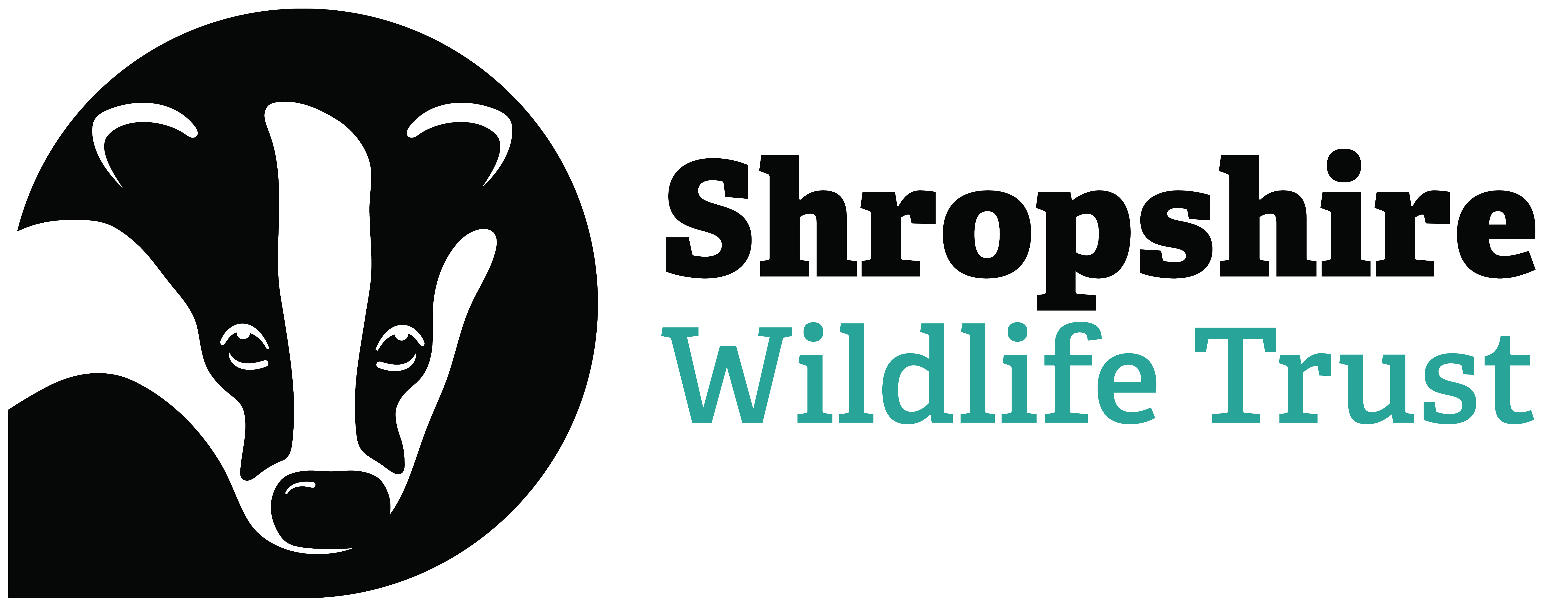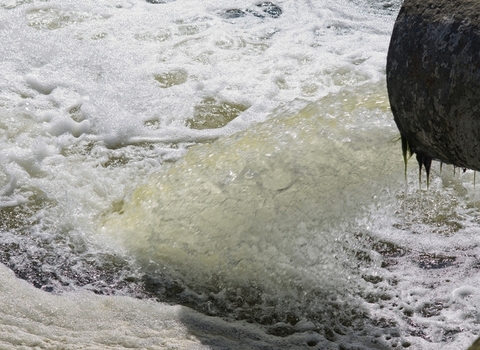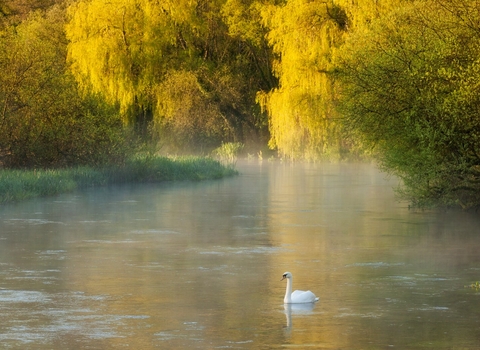(CSOs) are used to provide relief to the sewer system, preventing our homes from flooding. Unfortunately during periods of heavy rainfall, CSOs kick in, discharging untreated sewage into our water courses.
What are Combined Sewer Overflows (CSOs)
Combined Sewer Overflows and combined sewer system (CSS) collects rainwater runoff, domestic sewage, and industrial wastewater into one pipe. When the sewer system is operating normally, sewage leaves our homes and businesses, and is sent to one of our nearest treatment works. If an area is hit by really heavy rain, like the kind we have seen in more recent years the sewers sometimes become completely full of water and the sewage starts backing up. When the system becomes close to bursting the CSOs act as an emergency discharge valve, discharging untreated sewage and wastewater into our watercourses.
The impact of Combined Sewer Overflows (CSOs)
Recent data obtained by the Guardian established 6,508 inland CSOs discharged untreated sewage into rivers over 200,000 times across England for over 1.5 million hours in 2019, compromising vital habitats for wildlife and endangering the health of people who use our rivers for recreation. The salmon we see leaping the weir in Shrewsbury are returning in fewer and fewer numbers each year. Fish numbers overall are in decline and water quality for people and wildlife is not improving anywhere near fast enough.
With over 3,400 miles of rivers, brooks and canals in Shropshire and Telford it is no wonder the people of the county are true river lovers. Our rivers attract wild swimmer, anglers, canoeists, rowers, wildlife watchers and countless tourists to enjoy the flow and spectacle.
All water companies have had to submit a 5 year strategic plan to improve water quality exponentially, starting in 2022 and finishing by the year 2027. However with the unprecedented weather events occurring regularly each winter there is a need for reform in the area of CSO’s more urgently than once thought.
The Sewage (Inland Waters) Bill
Shropshire Wildlife Trust, The Rivers Trust and other Environmental groups have been campaigning for an end to sewage pollution in rivers. Working closely with Philip Dunne MP to draft the Sewage (Inland Waters) Bill. Whilst we are disappointed that the Bill’s second parliamentary reading has not yet happened, we are encouraged by the announcement that Defra will work closely with Mr Dunne and the Storm Overflows Taskforce to eliminate harm from storm overflows, and increase transparency with regards to their use.
A press release from Defra commits to compile annual data from water companies on the use of storm overflows into an annual report, as well as to making real-time storm overflow data available year-round for all designated bathing waters.
For more information on the location of sewage outfalls in your area, visit The Rivers Trust interactive map by clicking on this link:
For information on the work of The Rivers team at Shropshire Wildlife Trist click below


